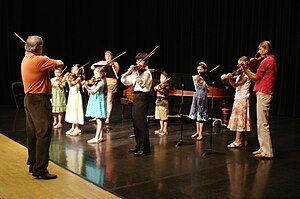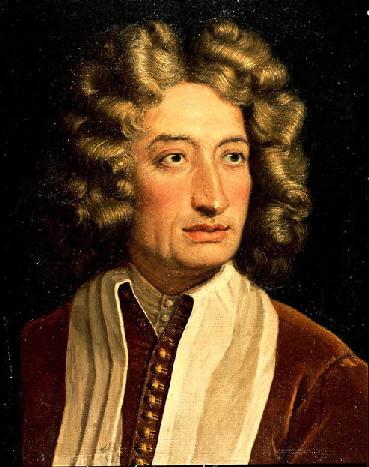Many of the arts can be learned easily through the diverse outlets available through the digital age, whether it be Youtube, Adobe, Paint, Garage Band, or something else. An argument could be made that this means that traditional arts education is unnecessary but this is not true.
The problem with these digital learning resources is that there is no feedback, no personal criticism, which is essential for learning.
Thursday, March 22, 2012
Tuesday, March 20, 2012
The Arts: An Annotated Bibliography
I tried to find people who were interested in the arts and especially with education. I used some regular Google searches, fiddling with different key words, to find groups that fit this category. These were my findings:
http://www.arteducators.org/
http://artsusa.org/networks/arts_education/default.asp
http://www.yea.org/
http://www.ijea.org/
http://artsusa.org/networks/arts_education/default.asp
http://www.yea.org/
http://www.ijea.org/
I also thought about people I knew. Being a music minor, I have had contact with some professors in the music department. Here are a couple of them:
Luke Howard
Eric Hansen
Claudine Bigelow
I also did a search on Google+ in order to find thought leaders without much success. So I used the library to find a book and used that to find people.
Friday, March 16, 2012
Education: Promoted by The Arts
The
arts are an important part of education. They foster creativity and
help students to develop in many other areas. Some of these areas will
be explored.
 Creativity
CreativityThe arts help students explore a skill that is not used that often in school, that of creativity. There is creative writing but that is about the extent of creativity in schools outside of the arts. There are only so many ways to do a math problem correctly. Some of these solutions may be more interesting than others but it is hard to call a math solution creative.
Thursday, March 8, 2012
KONY 2012
Yes, I am jumping on the KONY 2012 train.
If you haven't seen the video here it is:
The video is kinda long so I'll summarize it if you don't feel like watching it. Central Africa has a bunch of problems. One of them is that this guy named Joseph Kony kidnaps kids and makes the boys be soldiers and the girls be sex slaves in his army called the LRA. Also the movie maker's kid is pretty cute.
This isn't a new thing though.
If you haven't seen the video here it is:
The video is kinda long so I'll summarize it if you don't feel like watching it. Central Africa has a bunch of problems. One of them is that this guy named Joseph Kony kidnaps kids and makes the boys be soldiers and the girls be sex slaves in his army called the LRA. Also the movie maker's kid is pretty cute.
This isn't a new thing though.
17th Century & The Arts
The 17th Century began the shift away from dependence on religion for the arts.
Composers started to develop their own styles. Instruments were being invented. Pieces were written for only instruments, no vocal. Opera was born in Florence out of an attempt to revive the music of Classical Greece.
Arcangelo Corelli (17 February 1653 – 8 January 1713) was the first composer to make a career off selling printed music, free of church control and restriction.
There were academies of art (visual arts) through out Europe starting in Italy and France.
Dance in the 17th Century was not that big of a factor in education. Louis XIV was a big fan of dance. He was the Sun King and the state of the court was perceived by the level of performance. Here’s a clip from the “The King is Dancing”:
This is pretty awesome.
Composers started to develop their own styles. Instruments were being invented. Pieces were written for only instruments, no vocal. Opera was born in Florence out of an attempt to revive the music of Classical Greece.
Arcangelo Corelli (17 February 1653 – 8 January 1713) was the first composer to make a career off selling printed music, free of church control and restriction.
There were academies of art (visual arts) through out Europe starting in Italy and France.
Dance in the 17th Century was not that big of a factor in education. Louis XIV was a big fan of dance. He was the Sun King and the state of the court was perceived by the level of performance. Here’s a clip from the “The King is Dancing”:
This is pretty awesome.
Thursday, March 1, 2012
Control Theory
 This is a little more about control theory with links to appropriate learning sources. As I said in class I work in IDeA Labs, a research lab in the computer science department.
This is a little more about control theory with links to appropriate learning sources. As I said in class I work in IDeA Labs, a research lab in the computer science department.Control theory is mostly used in systems that have some sort of feedback. This theory was born out of electrical engineering so the original feedback systems that were modeled were electric circuits.
The theory is rich in mathematics with theorems and regulations for stability.
Subscribe to:
Posts (Atom)




